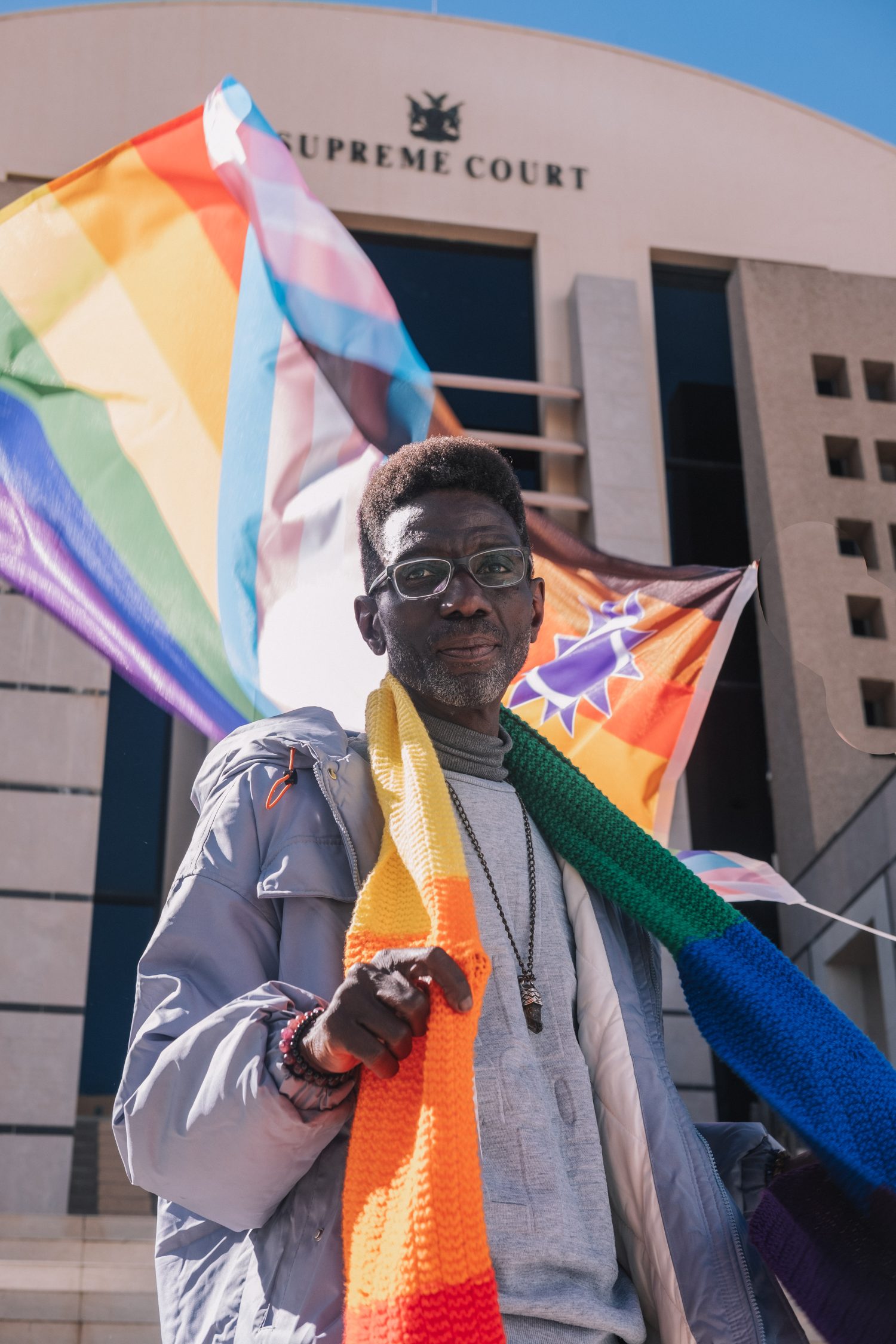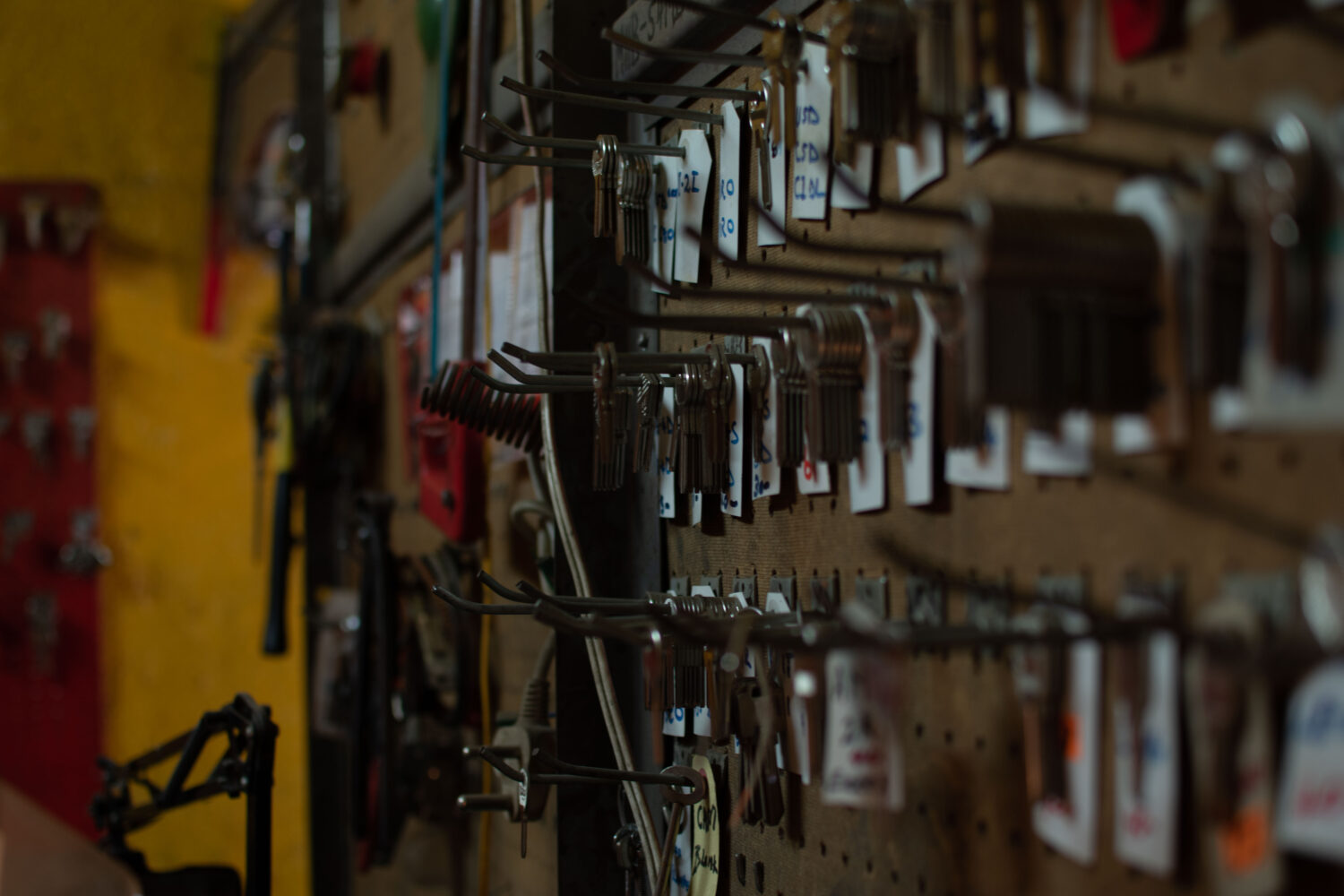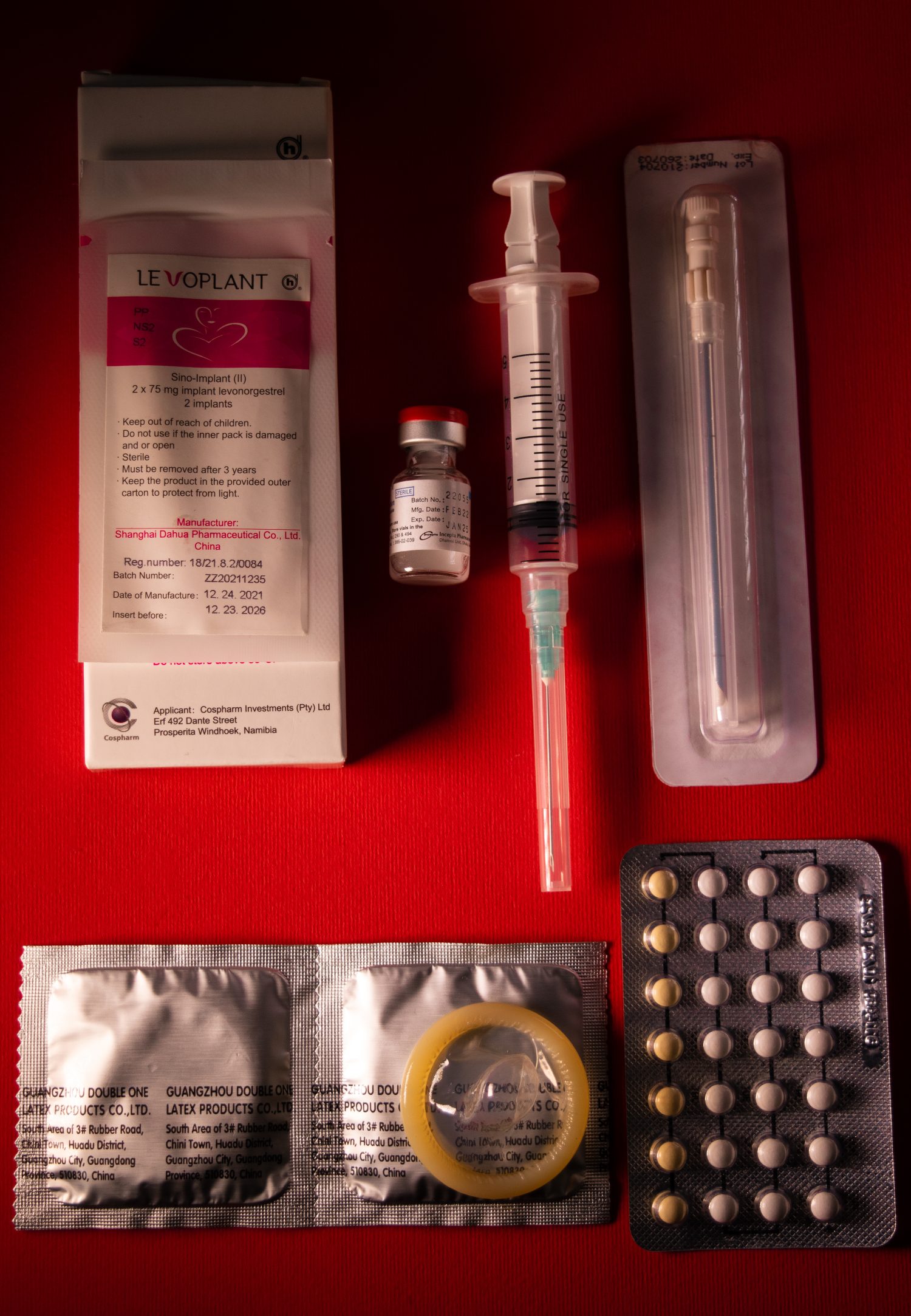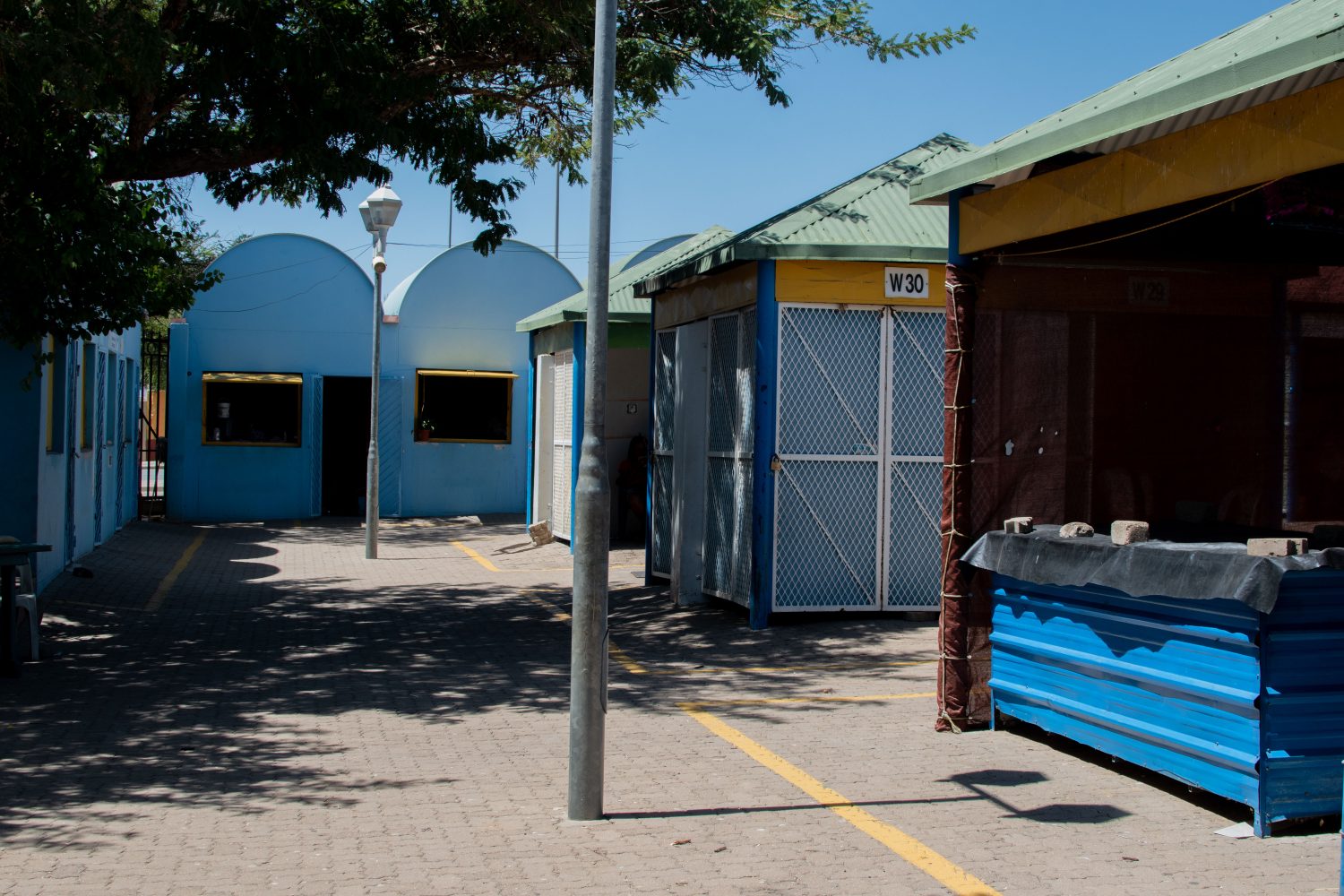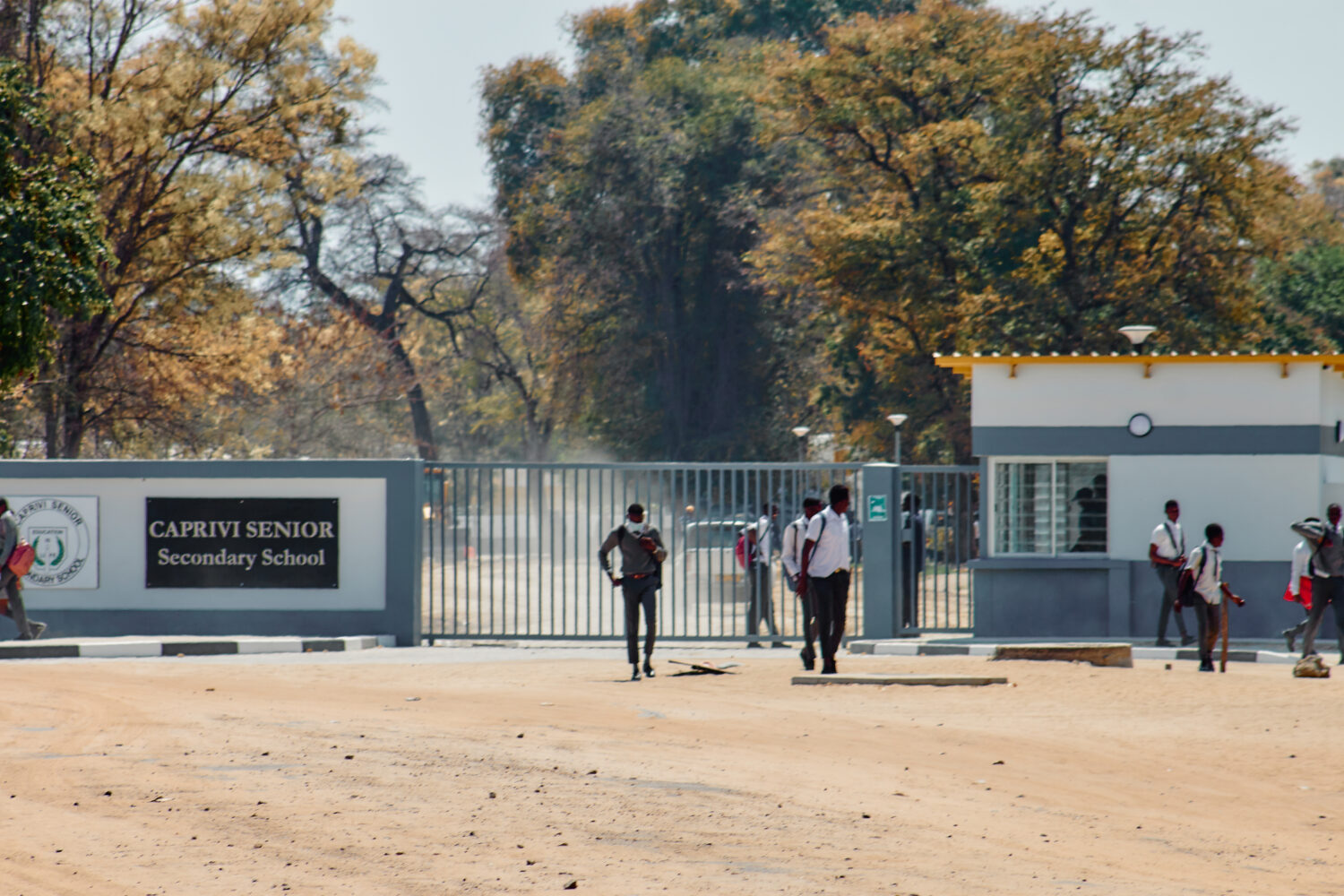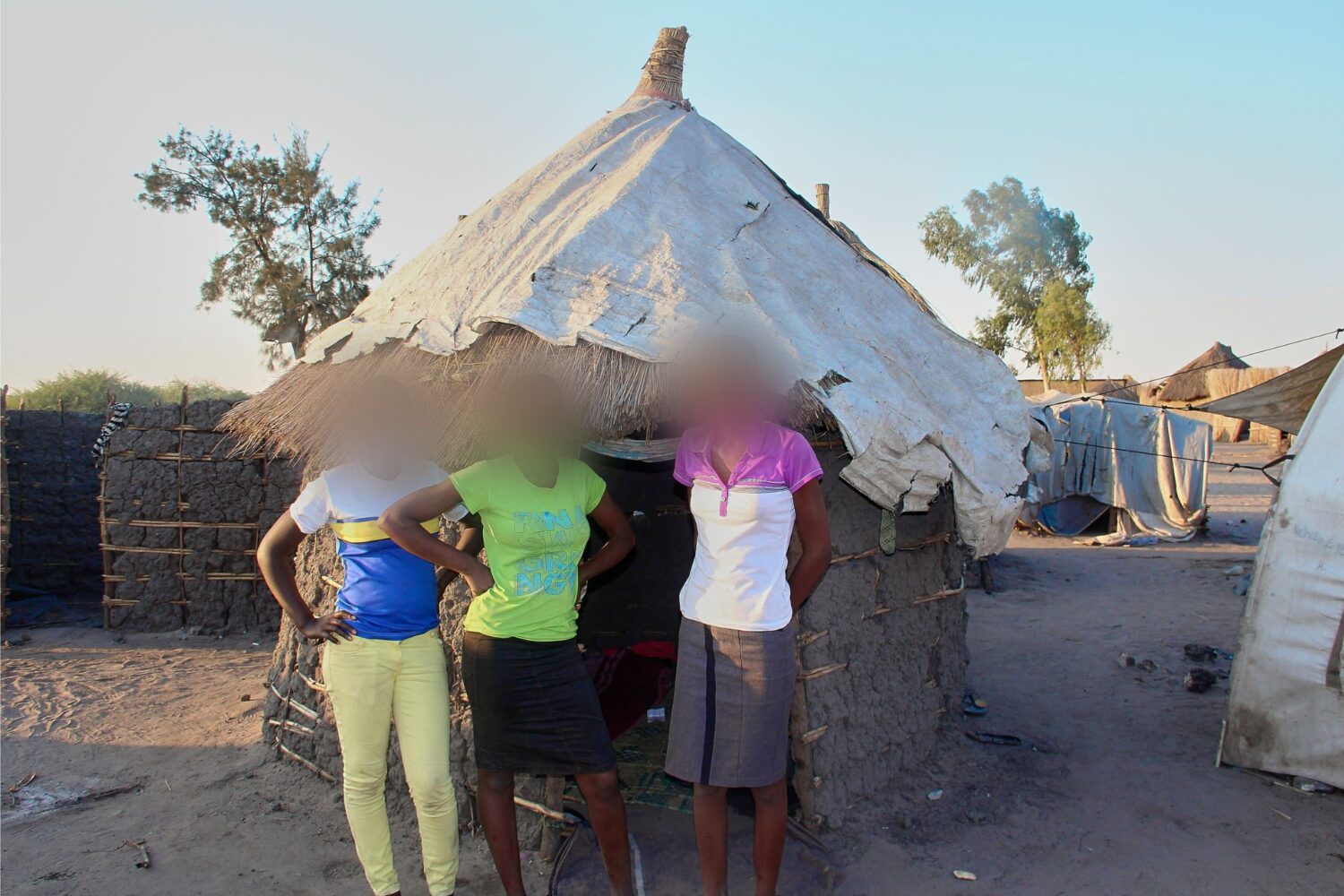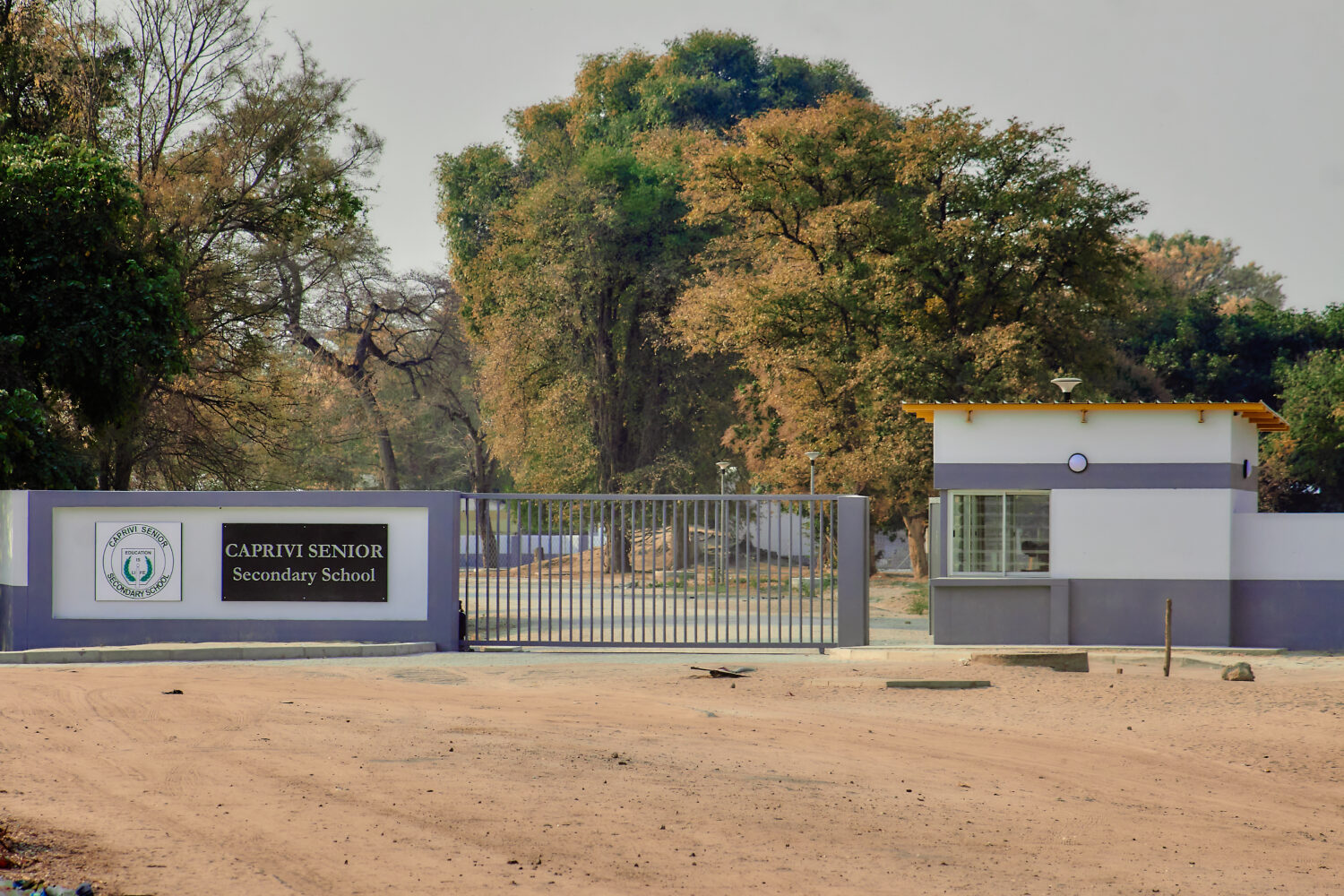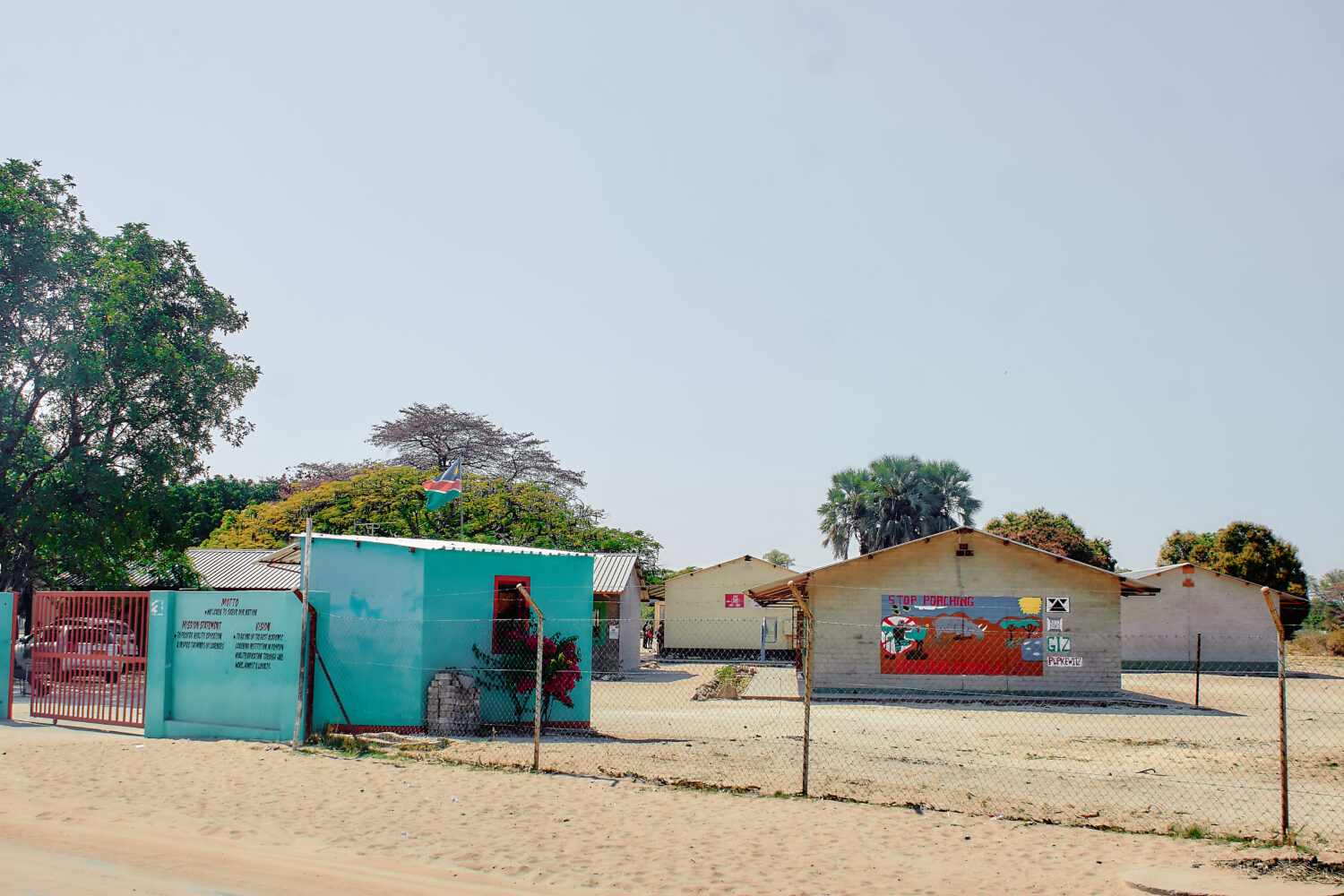Data is essential. It is responsible for painting a clear picture that depicts the type of condition a country is in. With a clearer image of the state the nation, the government can use data as a key tool in their approach to policy making and strategy. It is extremely difficult to address issues or implement strategies with any ounce of accuracy in the absence of relevant and current data…. Keep Reading

